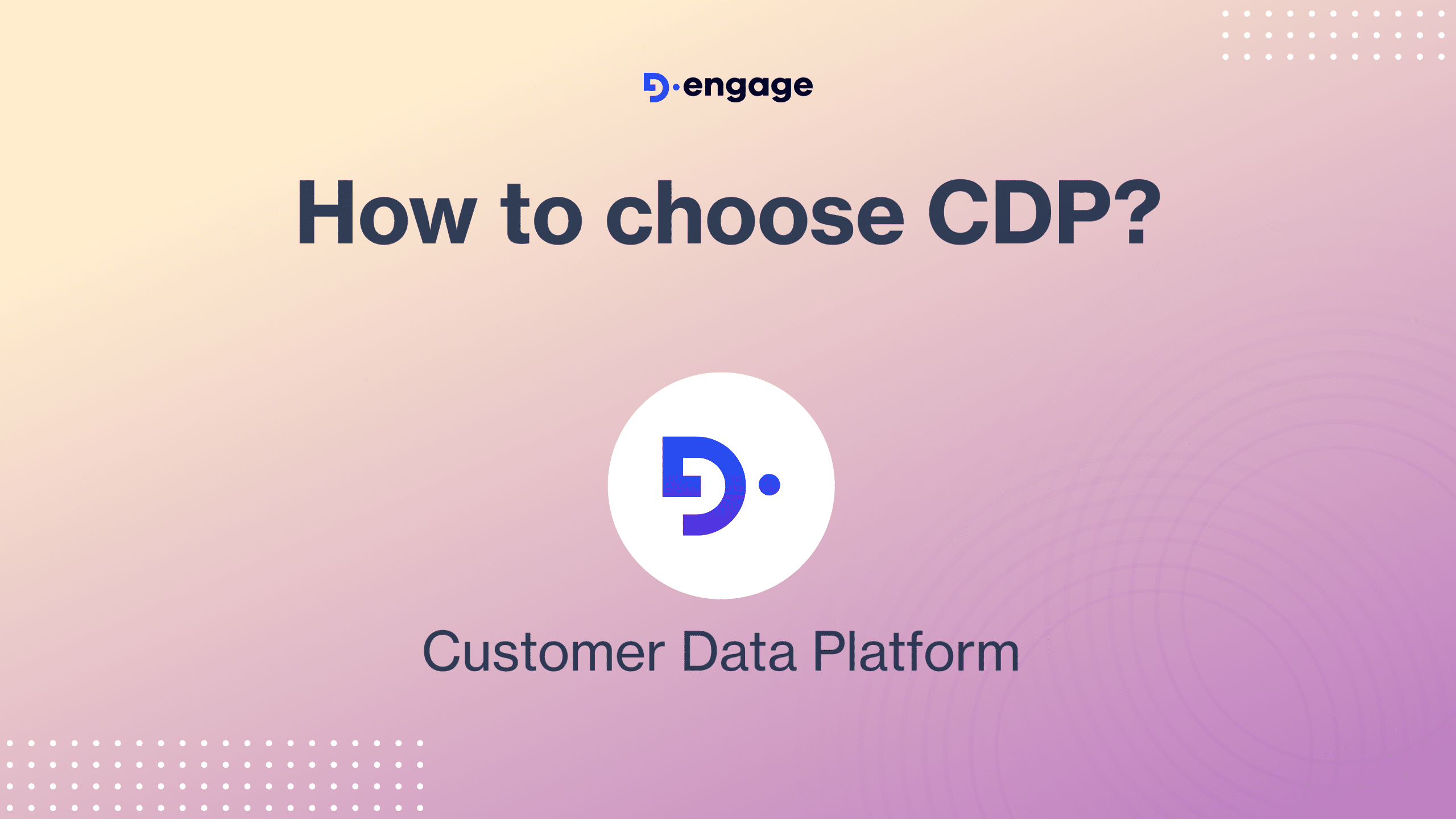In the competitive world of retail, engaging customers effectively is crucial for building lasting relationships and driving sales. At Dengage, we specialize in providing organizations with cutting-edge digital marketing tools and data-driven insights, helping them connect meaningfully with their audience. This article explores strategies to enhance customer engagement in retail, supported by industry analysis and statistics.
Understanding Customer Engagement in Retail
Customer engagement involves interactions and experiences between customers and a brand across all touchpoints. It’s not just about the transactional relationship but also about how a brand connects with its customers emotionally. Successful customer engagement leads to higher loyalty, increased customer lifetime value, and positive word-of-mouth.
Key Strategies for Engaging with Customers in Retail
1. Personalize the Shopping Experience
Personalization is paramount in modern retail. Customers expect brands to understand their preferences and deliver tailored experiences. According to a study by Epsilon, 80% of consumers are more likely to make a purchase when brands offer personalized experiences. Dengage’s Personalization solution allows retailers to create customized interactions based on customer behavior and preferences.
2. Leverage Omnichannel Marketing
An omnichannel approach ensures that customers receive a consistent and seamless experience across all channels. Whether shopping online, via a mobile app, or in-store, the transition should be smooth. According to Salesforce, 76% of consumers use multiple channels to shop, emphasizing the need for an integrated strategy. Dengage’s Omnichannel Marketing platform helps retailers synchronize their marketing efforts across various channels.
3. Implement Customer Loyalty Programs
Loyalty programs are an effective way to engage customers and encourage repeat business. A report by Bond revealed that 77% of consumers say they are more likely to stay with a brand that has a strong loyalty program. By rewarding customers for their continued patronage, retailers can build a community of loyal brand advocates.
4. Utilize Data Analytics
Data analytics plays a crucial role in understanding customer behavior and preferences. Retailers can gain valuable insights into shopping patterns, product preferences, and customer feedback. According to McKinsey, companies that leverage customer behavior data to generate insights outperform their peers by 85% in sales growth. Dengage’s Analytics Solutions provide retailers with comprehensive data analysis tools to make informed decisions.
5. Engage Through Social Media
Social media platforms are powerful tools for engaging with customers. They offer a space for direct interaction, feedback collection, and community building. According to Hootsuite, 54% of social browsers use social media to research products. By maintaining an active social media presence, retailers can connect with customers on a personal level and enhance brand visibility.
Industry Analysis and Statistics
The retail industry is continually evolving, and customer engagement strategies must adapt to these changes. Here are some key statistics highlighting the importance of customer engagement:
- Increased Revenue: Companies with highly engaged customers achieve a 23% higher share of wallet, profitability, and revenue (Gallup).
- Customer Retention: Engaged customers are 90% more likely to make repeat purchases (HubSpot).
- Customer Recommendations: Engaged customers are 5 times more likely to indicate it is the only brand they would purchase in the future (Temkin Group).
- Social Media Influence: 71% of consumers who have had a good social media service experience with a brand are likely to recommend it to others (Ambassador).
- Mobile Engagement: Mobile-optimized sites and apps improve customer satisfaction by 73% (Google).
Practical Tips for Implementation
1. Train Your Staff
Ensure that your staff is well-trained in delivering excellent customer service. They should be knowledgeable about the products and services, and adept at using digital tools to enhance the shopping experience.
2. Collect and Act on Customer Feedback
Regularly collecting feedback from customers helps identify areas of improvement. Use surveys, reviews, and direct interactions to gather insights and implement changes.
3. Create Engaging Content
Content is king in the digital age. Create engaging and informative content that resonates with your audience. This could be in the form of blog posts, videos, or social media updates.
4. Offer Exceptional Customer Support
Providing excellent customer support is essential for maintaining customer satisfaction. Ensure that your support channels, whether through live chat, email, or phone, are easily accessible and responsive.
5. Stay Updated with Trends
The retail landscape is constantly changing. Stay updated with the latest trends and technologies in customer engagement to keep your strategies relevant and effective.
Conclusion
Engaging with customers in retail requires a combination of personalized experiences, omnichannel strategies, loyalty programs, data analytics, and active social media presence. By implementing these strategies, retailers can create meaningful connections with their customers, driving loyalty and growth.
By adopting these approaches, your business can stay ahead of the competition and provide exceptional experiences that drive customer loyalty and business success.



